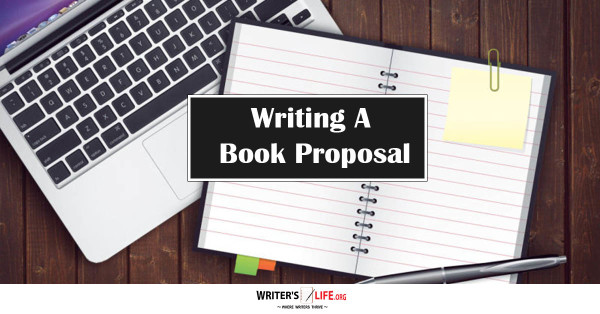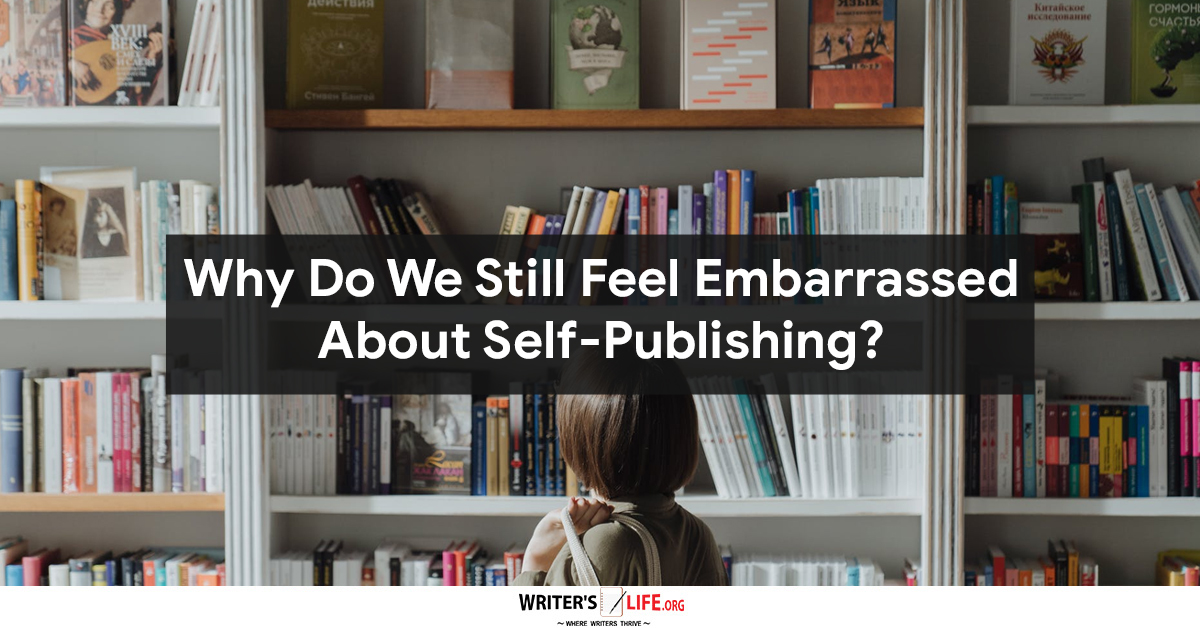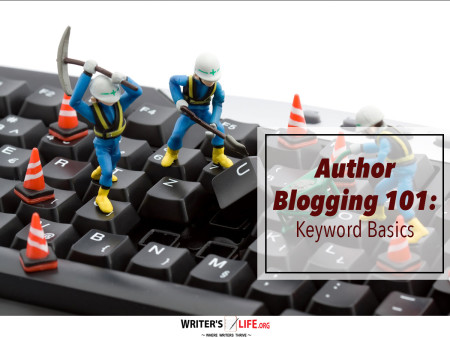- How To Tackle Jealousy In Creative Writing
- Common Submission Mistakes
- How To Stop Your Blog Becoming Boring
- The One Thing Every Successful Writer Has In Common
- How To Make Yourself Aware Of Publishing Scams
- Why Almost ALL Writers Make These Grammar Mistakes At Some Point
- 5 Tips For Authors On How To Deal With Rejection
- Top Mistakes to Avoid When Writing a Novel
- How to Avoid Common New Writer Mistakes
- 10 Mistakes New Fiction Writers Make
Writing A Book Proposal

Hello, and welcome back to Writer’s Life! Today, I’m going over writing a book proposal. This is a different animal from the query letter we looked at last time, and so I’ll start by delineating the differences between them before going over some of the specifics of writing a book proposal.
Proposal vs. Query
In the last entry, we discussed the query letter. In general, the query letter is where the process starts, both for non-fiction as well as fiction. In the fiction world, if the agent or publisher likes what she or he read in the query letter, the next step is usually to ask for the full manuscript or sometimes a synopsis. In non-fiction, the next step is usually writing and submitting a book proposal. Where the query letter was a single page, brief introduction to you and your work, the proposal is often a mammoth undertaking—sometimes, reaching 50 or more pages—and should not be taken lightly. Often, the proposal is written before the book is finished and sometimes before it is even started. Proposals demonstrate the feasibility of a project as well as its market, among other things, which is why it’s so involved.
Format of the Proposal
Most agencies and publishers have guidelines for proposals, so check their website first. If an agent or publisher has asked you to submit a proposal after getting a positive response from your query letter, she or he may have included those guidelines in their request. If not, seek them out. Unlike the query letter’s fairly common format, there is no set format for the proposal. With that said, there are some pretty general guidelines about what they contain. The proposal itself is often single-spaced in a common font (Times, Times New Roman, etc.) at 12 points. Sample sections of the manuscript are double-spaced, however.
Essential Information
As noted, there are no standards for proposals. Even so, you can count on needing to answer a few common questions. One of these is “to whom will this work appeal? Who will read it?” This is the target audience, and your proposal should include information about who they are. Tempting though it may be, your audience is not “everyone.” Do your research and figure out who the audience is, then include the summary of that research in the proposal.
Another is “who is writing it?” This is more than just your name but includes your credentials to write the work as well as your “author platform,” those things that you’ve worked on with your social media and marketing efforts. Unlike the query letter, where a list of awards and credentials is usually out of place you could definitely include them in the proposal if they are relevant. Awards for good writing, in general, would certainly apply, as would credentials in the subject of the book. If you have an advanced degree in the subject or years of experience, that would definitely count. If you’ve published work on this subject in the past, that will also be relevant.
You will also want to answer the question “why this book?” What is it about this perspective, this story, that will entice people to read it instead of other books on this subject? If there are no other books on this subject—unlikely, but possible—that might be a reason. When you answer this question, be fair to both yourself but also to the publisher or agent.
Usually, you will also need to include sample chapters of the work with the proposal, sometimes the first three or five and sometimes the “best” three or five chapters. As noted earlier, these will be double-spaced like most submitted manuscript entries. If you submit the proposal as an e-mail, you would usually attach the samples as a separate file.
Finally, you will need to address the question “what else is out there?” with the same subject or topic. The answer to this question is your competition—for shelf space, for reader eyeballs, for sales—and requires a fair analysis both of your own work, as well as that of existing work. A lot of competition can be good as it indicates a lot of interest in your subject, but you’ll definitely want to emphasize the differences between your book and the competition.
Don’t do these
With the proposal being less structured, there aren’t as many obvious mistakes to make. One is that you should not oversell your market reach. The market for your book is not “everyone” or even “every adult in America.” We all want to believe that our book’s appeal is so wide that every person will want to read it, but it’s almost certainly not true. Research your target audience and define it well, it will help your cause.
Don’t try to sell a work you’re not qualified to write. If you have a passion for Nineteenth Century cooking, that’s great, but being passionate about it doesn’t necessarily translate into book sales. What you can do is make yourself an authority in that field in the absence of other credentials (which also don’t necessarily translate into book sales). Write a blog about them, with constant entries and marketing support to drive readers to your blog. Do speaking engagements, lectures, or hold exhibitions at fairs or period events. Create a series of examples that you are qualified, and it will be easier to pitch your own expertise.
Don’t send a proposal without a solid plan to market the work. It will be easier to make the case for this if you already have an existing marketing platform. Take our cooking example; the person who has that passion for Nineteenth Century cooking and also has a blog, Twitter presence, Facebook page, and web page already dedicated to the topic will have a better position from which to market. With continuing experience and a solid marketing strategy, you’ll be setting the best stage you can for an agent or publisher to say “wow!” to your proposal.
In Conclusion
I’ve covered the query letter that gets you noticed, as well as writing a book proposal that will help you get published including do’s and don’ts. These are both very broad topics, and so I encourage you to seek out additional resources to fill in your knowledge on these subjects—I can’t hope to completely fill them here, not without a book-length blog treatise on them—but I hope I have sparked enough imagination to get you started on the right path to success. As always, if you have any questions or comments leave them below, and happy writing!

























